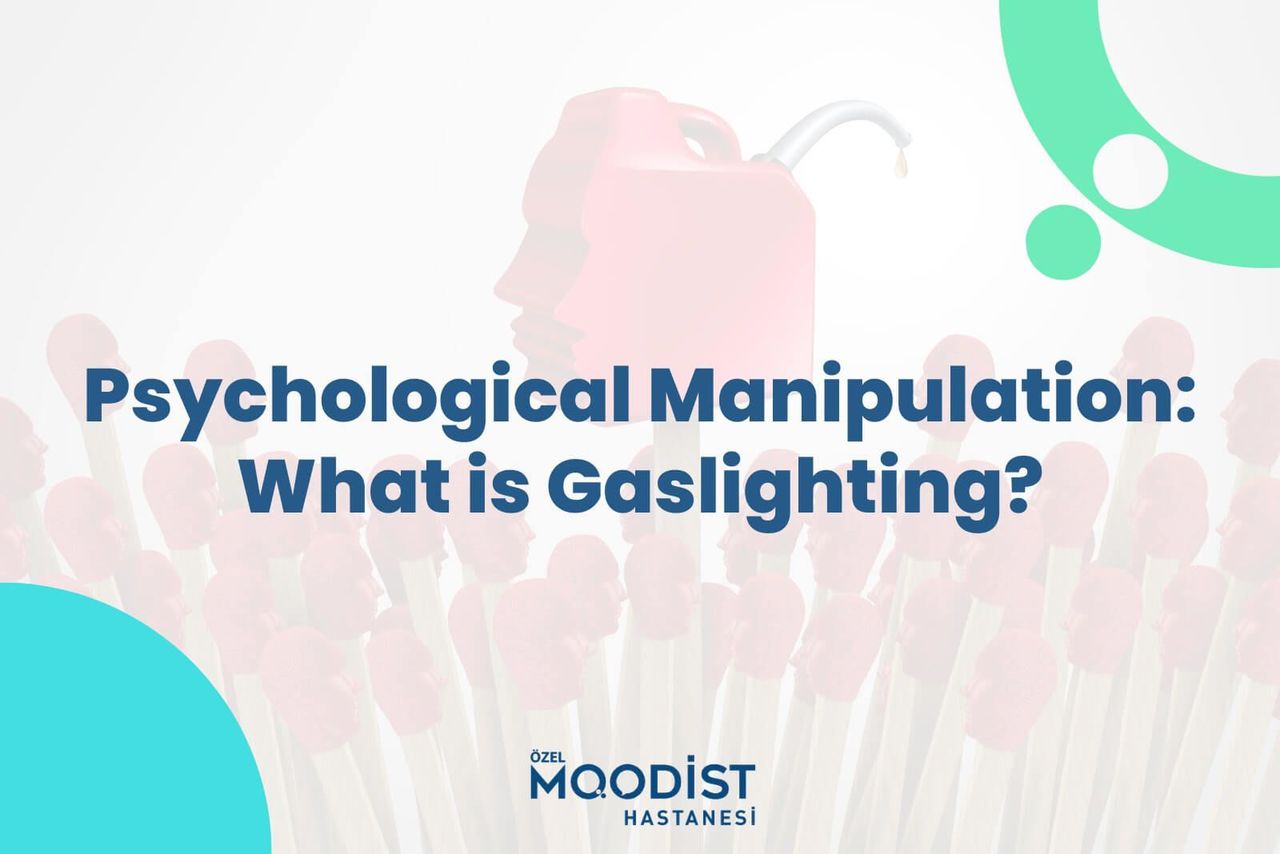
Understanding Gaslighting: A Psychological Manipulation Tactic
Exploring common phrases used by psychological manipulators to undermine victims' realities.
Gaslighting is a term used in psychology to describe a form of psychological manipulation that causes the victim to question their reality, erode their self-confidence, and create feelings of confusion and fear.
This manipulation technique can be employed in various relationships, including romantic partnerships, friendships, and workplaces.
Manipulators often aim to convince their victims that they are delusional or irrational by questioning their perceptions of reality.
According to Psychology Today, a site focused on mental health and behavioral sciences, specific phrases are often used by these manipulators to control narratives and undermine victims' sense of reality.
Here are four common phrases identified among psychological manipulators:
“You are too sensitive.” This phrase seeks to minimize the manipulator's harmful behavior, shifting the blame onto the victim's emotions.
It is important for victims to affirm their right to feel respected and validate their feelings, as dismissing them is unacceptable.
“That never happened.” With this statement, manipulators attempt to rewrite history, causing victims to doubt their memories.
Victims are advised to maintain confidence in their recollection and not allow the discussion to skew in favor of the manipulator’s narrative.
“Everyone agrees with me.” This phrase serves to isolate the victim by suggesting that no one stands with them.
Victims are encouraged to express that they are unconcerned with the opinions of others unless those opinions have been communicated directly, emphasizing the importance of their feelings.
“You are overthinking this.” This tactic is used to dismiss the victim's concerns instead of addressing them.
Victims may find it beneficial to affirm their worries and recognize the significance of the issues being discussed, understanding that ignoring them does not make them disappear.
Professionals often recommend several strategies to protect oneself from psychological manipulators:
Trust your feelings: It is crucial not to diminish your emotions based on someone else’s viewpoint.
Document incidents: Keeping a record of manipulative interactions can help maintain a sense of reality and protection against ongoing manipulation.
Set firm boundaries: If someone consistently disregards your emotions, it may be necessary to establish limits in your emotional dealings with them.
Seek external perspectives: Engaging with trusted friends or mental health professionals can provide clarity on the situation.
These insights reflect the complexities of interpersonal dynamics and the importance of recognizing manipulative behavior to foster healthier interactions.
This manipulation technique can be employed in various relationships, including romantic partnerships, friendships, and workplaces.
Manipulators often aim to convince their victims that they are delusional or irrational by questioning their perceptions of reality.
According to Psychology Today, a site focused on mental health and behavioral sciences, specific phrases are often used by these manipulators to control narratives and undermine victims' sense of reality.
Here are four common phrases identified among psychological manipulators:
“You are too sensitive.” This phrase seeks to minimize the manipulator's harmful behavior, shifting the blame onto the victim's emotions.
It is important for victims to affirm their right to feel respected and validate their feelings, as dismissing them is unacceptable.
“That never happened.” With this statement, manipulators attempt to rewrite history, causing victims to doubt their memories.
Victims are advised to maintain confidence in their recollection and not allow the discussion to skew in favor of the manipulator’s narrative.
“Everyone agrees with me.” This phrase serves to isolate the victim by suggesting that no one stands with them.
Victims are encouraged to express that they are unconcerned with the opinions of others unless those opinions have been communicated directly, emphasizing the importance of their feelings.
“You are overthinking this.” This tactic is used to dismiss the victim's concerns instead of addressing them.
Victims may find it beneficial to affirm their worries and recognize the significance of the issues being discussed, understanding that ignoring them does not make them disappear.
Professionals often recommend several strategies to protect oneself from psychological manipulators:
Trust your feelings: It is crucial not to diminish your emotions based on someone else’s viewpoint.
Document incidents: Keeping a record of manipulative interactions can help maintain a sense of reality and protection against ongoing manipulation.
Set firm boundaries: If someone consistently disregards your emotions, it may be necessary to establish limits in your emotional dealings with them.
Seek external perspectives: Engaging with trusted friends or mental health professionals can provide clarity on the situation.
These insights reflect the complexities of interpersonal dynamics and the importance of recognizing manipulative behavior to foster healthier interactions.











